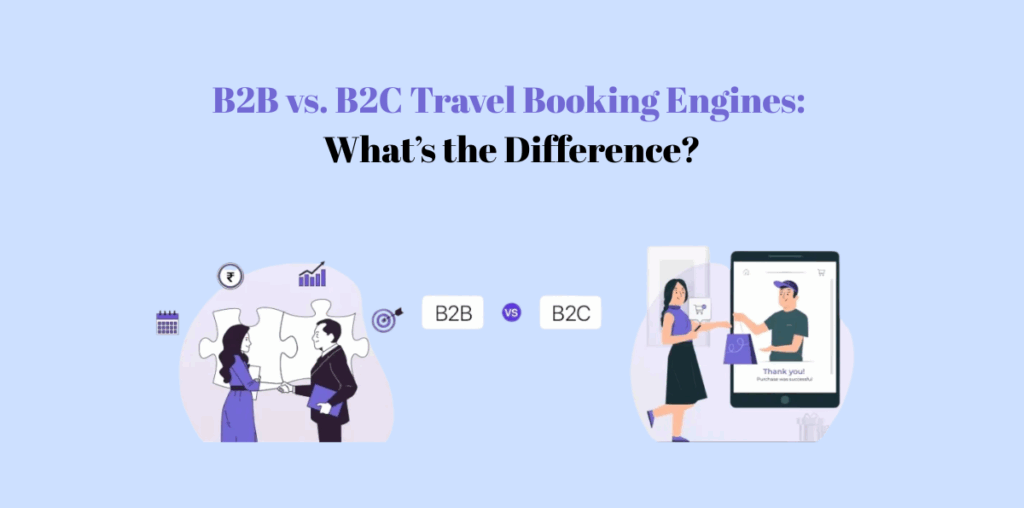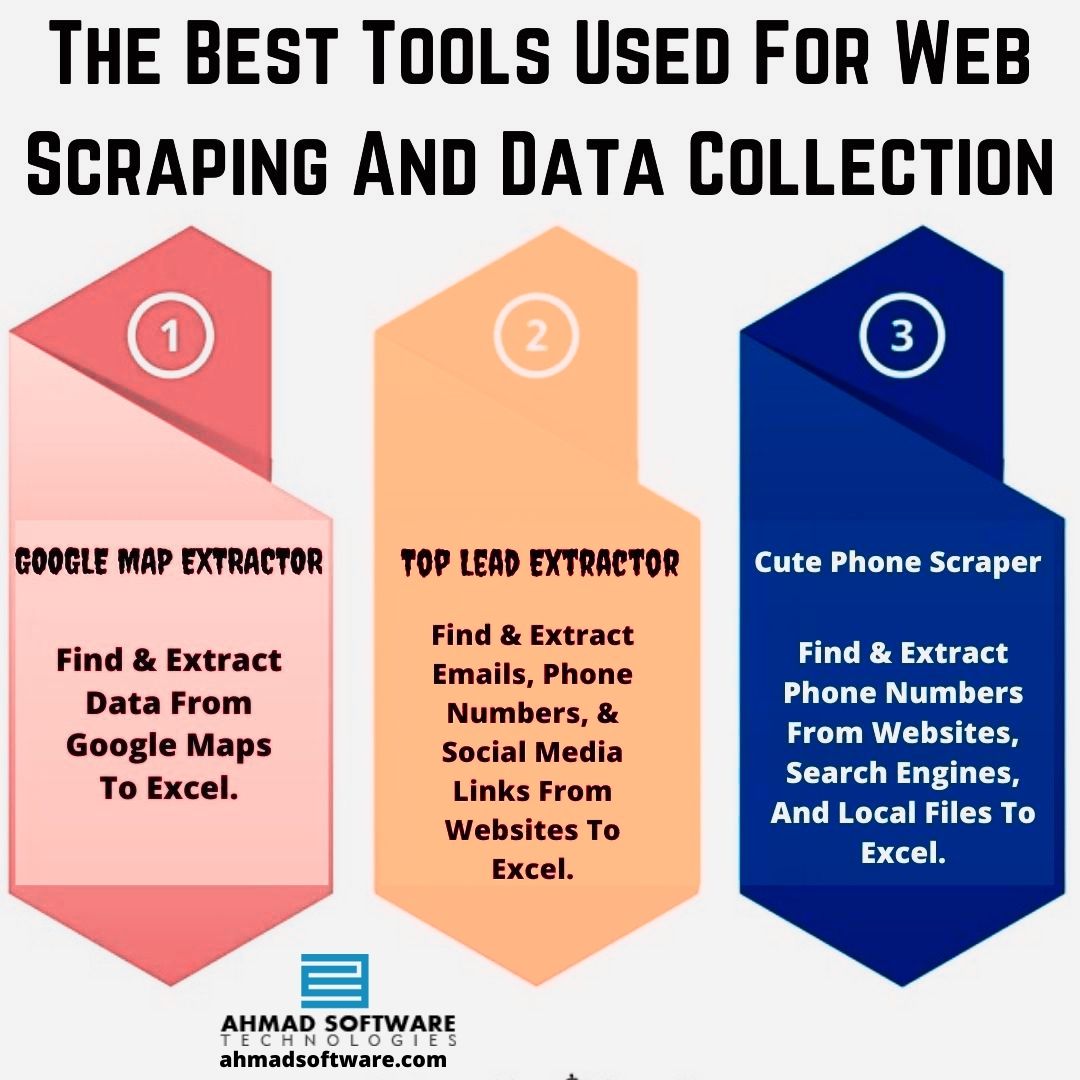The travel industry has evolved significantly over the last decade, with digital transformation playing a critical role in reshaping how travel services are distributed and consumed. At the heart of this transformation lies the Travel Booking Engine, a robust platform that allows seamless booking of flights, hotels, transfers, car rentals, and more.
However, not all travel booking engines are created equal. Businesses typically choose between B2B (Business-to-Business) and B2C (Business-to-Consumer) models, depending on their target audience and operational goals. This article explores the key differences between B2B and B2C travel booking engines, their features, benefits, and how they influence modern travel businesses.
- 73% of travelers prefer booking online through a travel booking engine
- $833 billion projected global online travel market by 2026
- 87% of millennials use mobile apps for travel booking
- 58% of travel agents use B2B platforms for hotel and flight bookings
- 65% of bookings through OTAs use a B2C travel booking engine
Understanding Travel Booking Engines
A Travel Booking Engine is a software application that enables the booking and management of travel-related services. It acts as the digital backbone for travel agencies, tour operators, OTAs (Online Travel Agencies), and corporate travel planners.
Core Functions of a Travel Booking Engine
- Aggregates travel services from multiple suppliers (GDSs, APIs)
- Displays real-time availability and pricing
- Facilitates bookings and payments
- Offers invoicing, reporting, and analytics
- Manages user profiles and travel itineraries
Whether B2B or B2C, a travel booking engine aims to automate the booking process, reduce manual effort, and increase customer satisfaction.
What Is a B2B Travel Booking Engine?
A B2B Travel Booking Engine is designed for travel agencies, corporate clients, and resellers. It enables wholesalers or travel consolidators to distribute inventory to a network of sub-agents, who then sell to the end customer.
Key Features of B2B Travel Booking Engines
- Multi-agent management: Role-based access for master agents, sub-agents, and affiliates
- Custom markup management: Agents can define markups and commissions per service
- Credit limit facility: Offers credit and postpaid services to trusted agents
- Bulk booking management: Optimized for high-volume, multi-service bookings
- White-label solutions: Sub-agents can brand the booking engine with their logo and theme
- Inventory control: Direct control over the inventory and pricing structure
Benefits of B2B Travel Booking Engines
- Streamlines operations across large agent networks
- Enables centralized control with decentralized distribution
- Reduces dependency on manual bookings
- Increases efficiency with automated workflows
- Enhances profitability with negotiated rates
What Is a B2C Travel Booking Engine?
A B2C Travel Booking Engine targets individual travelers or end customers. It is typically used by travel agencies and OTAs to sell services directly through an online portal or mobile app.
Key Features of B2C Travel Booking Engines
- User-friendly interface: Simple and intuitive navigation for self-service bookings
- Live search and filter options: Real-time availability with flexible filters
- Personalization: Tailored recommendations based on user preferences
- Multiple payment gateways: Integration with various digital payment systems
- Mobile responsiveness: Optimized for smartphones and tablets
- Loyalty programs and promotions: Coupons, discounts, and referral schemes
Benefits of B2C Travel Booking Engines
- Increases direct bookings and revenue
- Provides 24/7 booking availability
- Enhances user engagement through personalization
- Reduces costs by bypassing middlemen
- Builds brand awareness and customer loyalty
Key Differences Between B2B and B2C Travel Booking Engines
Target Audience
- B2B: Travel agents, corporate travel managers, tour resellers
- B2C: Individual travelers, vacationers, direct customers
Pricing Structure
- B2B: Negotiated wholesale rates, dynamic markups
- B2C: Retail prices, often inclusive of commissions
User Experience and Interface
- B2B: Functional and task-oriented UI
- B2C: Visually appealing and consumer-friendly design
Integration and Scalability
- B2B: Integrates with CRM, ERP, inventory systems
- B2C: Integrates with CMS, social media, and marketing tools
Payment Gateways and Credit Limits
- B2B: Offers credit limits, pay-later options
- B2C: Real-time payment via cards, wallets, net banking
Customer Support and Relationship Management
- B2B: Dedicated account managers, SLA-driven support
- B2C: Automated chatbots, FAQs, contact forms
Use Cases: When to Choose B2B vs. B2C Travel Booking Engines
Choose B2B Travel Booking Engine If:
- You operate as a wholesaler or consolidator: A B2B travel booking engine is ideal for businesses that distribute travel inventory (flights, hotels, tours) to travel agents or agencies rather than to end users.
- You manage multiple travel agents or sub-agencies: B2B platforms allow centralized control and access management, enabling you to oversee various agents under one system with custom permissions and dashboards.
- You offer negotiated rates to partners: If you provide exclusive or contracted rates to partner agents, a B2B engine can help you distribute these rates securely and apply rules by agent profile or market.
- You need inventory control and markup flexibility: B2B booking engines allow you to set dynamic markups, control profit margins, and define pricing rules for different partner tiers or regions.
Choose B2C Travel Booking Engine If:
- You sell directly to end customers: A B2C travel booking engine is designed for agencies or companies that cater directly to individual travelers through websites or mobile apps.
- You focus on online marketing and brand loyalty: If your strategy includes SEO, digital advertising, and brand engagement, a B2C engine provides the front-end design and customer engagement tools you need.
- You require a sleek, intuitive user experience: B2C platforms are built with the customer in mind, featuring fast search filters, high-quality visuals, and smooth checkout flows to reduce drop-off rates.
- You want to launch loyalty and discount programs: Features like reward points, promo codes, referral programs, and special deals are core to B2C engines to enhance customer retention and repeat business.
Emerging Trends in Travel Booking Engine Technology
AI-Powered Recommendations: Utilizes machine learning to personalize suggestions based on user behavior and preferences, improving conversion rates and user satisfaction.
Chatbot Integrations: Provides 24/7 real-time assistance for bookings, cancellations, and FAQs, enhancing customer support and streamlining the booking journey.
Voice Search Optimization: Enables users to search and book travel via voice commands on smart devices, offering a hands-free, mobile-friendly experience.
Blockchain Integration: Ensures secure, transparent transactions through smart contracts and tamper-proof records, reducing fraud and increasing partner trust.
API Economy: Facilitates seamless integration with third-party services (GDS, CRMs, payment gateways), allowing real-time inventory access and flexible scaling.
Conclusion
Understanding the difference between B2B and B2C Travel Booking Engines is essential for businesses aiming to thrive in the digital travel space. B2B models focus on empowering agents with tools to manage large volumes and multiple partners, while B2C engines cater to the end customer, offering a polished, self-service booking experience.
Selecting the right Travel Booking Engine depends on your business model, customer base, and long-term goals. Whether you are scaling an agency or creating a niche OTA, aligning your choice with these insights will drive better efficiency, customer satisfaction, and profitability.
FAQs
Q1. Can a travel business use both B2B and B2C travel booking engines?
Yes, many businesses use hybrid engines that cater to both models by offering dual portals.
Q2. How much does a travel booking engine cost?
The cost varies widely depending on features, customizations, and integration needs. B2B engines tend to be more complex and costly.
Q3. Are travel booking engines secure?
Modern travel booking engines include SSL encryption, PCI DSS compliance, and fraud detection mechanisms to ensure data and transaction security.
Q4. What APIs are commonly used in travel booking engines?
Common APIs include Amadeus, Sabre, Travelport, Expedia, Hotelbeds, and more.
Q5. How long does it take to implement a travel booking engine?
Implementation can take from 4 weeks to several months, depending on the complexity and customization.


